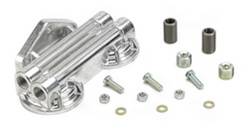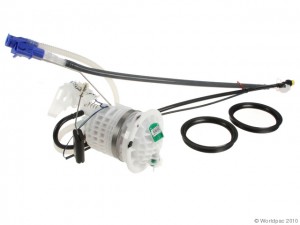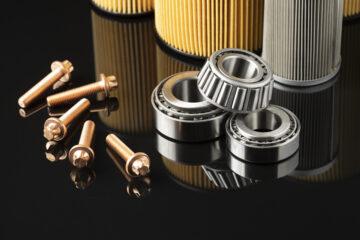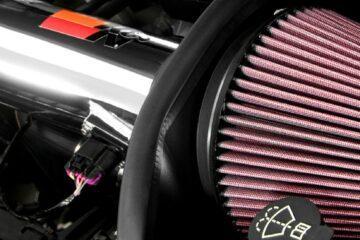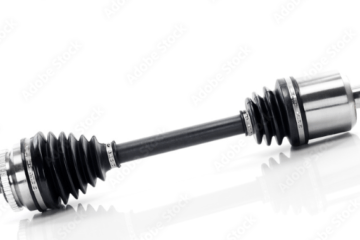All good drivers should know the importance of the filter parts in cars. Keeping them clean and in good condition is essential for the car to function properly. It is just like wearing masks when you don’t want to be contaminated by harmful dust or other substances. In other words, taking care of your car’s filter parts will keep your car healthy.
All car filters contain filtering elements that are made from different materials. These are as various as cloth fibers, paper fibers, wire mesh screens, or even a combination of the three. Most oil and fuel filters lodged within a metal container connected to the engine or fuel system. These filters require regular maintenance, and some replacements. Remember that a properly maintained filter system can enhance your car’s performance and add more years to your vehicle.
The basic filter parts are air filter, oil filter, fuel filter and cabin air filter. As their name suggests, these parts filter and purify any gas or liquid that goes into the car engine. If kept in good condition, they will protect the engine and improve its efficiency. But although they are all filters, they have their own distinct qualities and it is good to be familiar with each one.
Air Filter
It is very simple to inspect the air filter, and usually it only requires about five minutes! First, you must open the hood and find the air filter box, which is normally above the car battery. If you remove the clips that hold the lid of the box, it will make for easier access to the air filter. Then, you can check the filter to know if it needs to be replaced. If you see some slight discoloration, this is still acceptable, but if the air filter is dusty and dark in color, it should be replaced to recondition the proper airflow in the car engine.
Air filters block the small debris and other particles and allow the filtered air to go into the engine. If some dirt somehow enters the engine, it would cause premature failure.
Standard service and maintenance are essential for longer engine life. Modern engines have more power which requires you to change oil at regular intervals. Normally, these intervals are every 3,000 miles, or 3 months (whichever comes first). If your car uses synthetic motor oil, you can extend the mileage and have oil change intervals up to 5,000 miles. However, if you usually drive in dirty areas or extreme conditions, it is better to change the filters in shorter intervals than the ones presented here, even shorter than your manufacturer’s advice. Keep in mind too, that you must always use your vehicle manufacturer’s recommended weight motor oil.
Whether the car is in storage or used daily, a number of impurities and moisture can be mixed into the fuel supply system. To change the fuel filter, you must remove the fuel filter from the fuel lines. When the connections are removed, a small amount of fuel may leak out. Then, you must remove the fuel filter, replace with the new one and recheck regularly for leaks.
Cabin Air Filter
The air inside your vehicle may actually have more pollutants that the outside air. Air cabin filters are designed to help filter out smoke, fumes, odors, allergens, molds or any unwanted substances. If you replace them regularly, they will help reduce the wear on your vehicle’s heating, ventilation and air conditioning system.
To replace the air cabin filter, find and undo the retainer clip to remove the air cabin filter. Then, recheck the filter size and compare with the replacement filter before placing the new filter. Take note that you must clean the air cabin filter housing to help keep the vehicle inlet air clean.
If you keep these important information in mind, surely your car will run more efficiently and effectively. These humble filters do wonders in taking care of your vehicle. For the best deals on high quality filters, please check Autopartsway.com.
